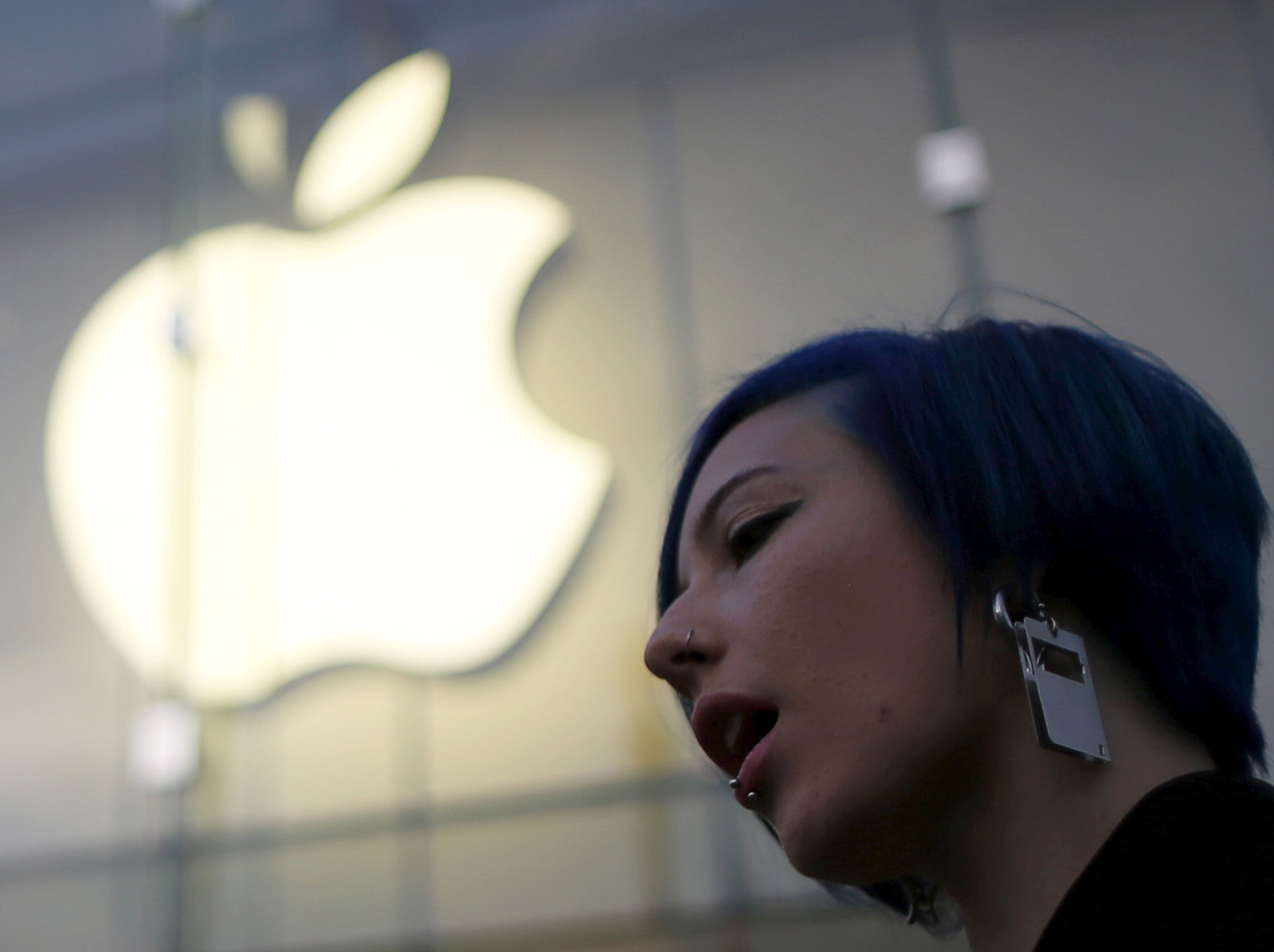The FBI would be able to monitor everybody’s entire lives if Apple is forced to unlock terrorist’s iPhone, judge says
The ruling would come at the same time as the growth of the ‘Internet of Things’ — computers that run our lives, and could just as easily be hacked by the government

Your support helps us to tell the story
From reproductive rights to climate change to Big Tech, The Independent is on the ground when the story is developing. Whether it's investigating the financials of Elon Musk's pro-Trump PAC or producing our latest documentary, 'The A Word', which shines a light on the American women fighting for reproductive rights, we know how important it is to parse out the facts from the messaging.
At such a critical moment in US history, we need reporters on the ground. Your donation allows us to keep sending journalists to speak to both sides of the story.
The Independent is trusted by Americans across the entire political spectrum. And unlike many other quality news outlets, we choose not to lock Americans out of our reporting and analysis with paywalls. We believe quality journalism should be available to everyone, paid for by those who can afford it.
Your support makes all the difference.If the US government is allowed to force Apple to unlock a terrorist’s iPhone then our entire lives could come under surveillance, a judge has said.
Apple is currently locked in a public feud with the FBI about whether it should be forced to break into a phone used by one of the San Bernardino shooters. And if the US government wins then it could have huge consequences for citizens’ privacy, a judge said in a similar but separate case between Apple and law enforcement.
Apple successfully argued that it couldn’t be forced to unlock a phone in a drug case, under the All Writs Act. The case had many similarities to the case about the San Bernardino phone, and Apple is likely to use many of the same arguments.
If that ruling went through, it would make way for a “virtually limitless expansion of the government’s legal authority to surreptitiously intrude on personal privacy”, judge James Orenstein said in the ruling.
That would happen because of the increasing importance of the “internet of things”, according to the judge. That refers to the trend for having more and more web-connected devices in our homes, controlling everything from cameras to our lights.
“As constantly increasing computing power is continually squeezed into ever smaller storage devices, the category of consumer products containing licensed software will continue to grow,” the judge wrote in a footnote.
“In a world in which so many devices, not just smartphones, will be connected to the Internet of Things, the government's theory that a licensing agreement allows it to compel the manufacturers of such products to help it surveil the products' users will result in a virtually limitless expansion of the government's legal authority to surreptitiously intrude on personal privacy.”
Join our commenting forum
Join thought-provoking conversations, follow other Independent readers and see their replies
Comments